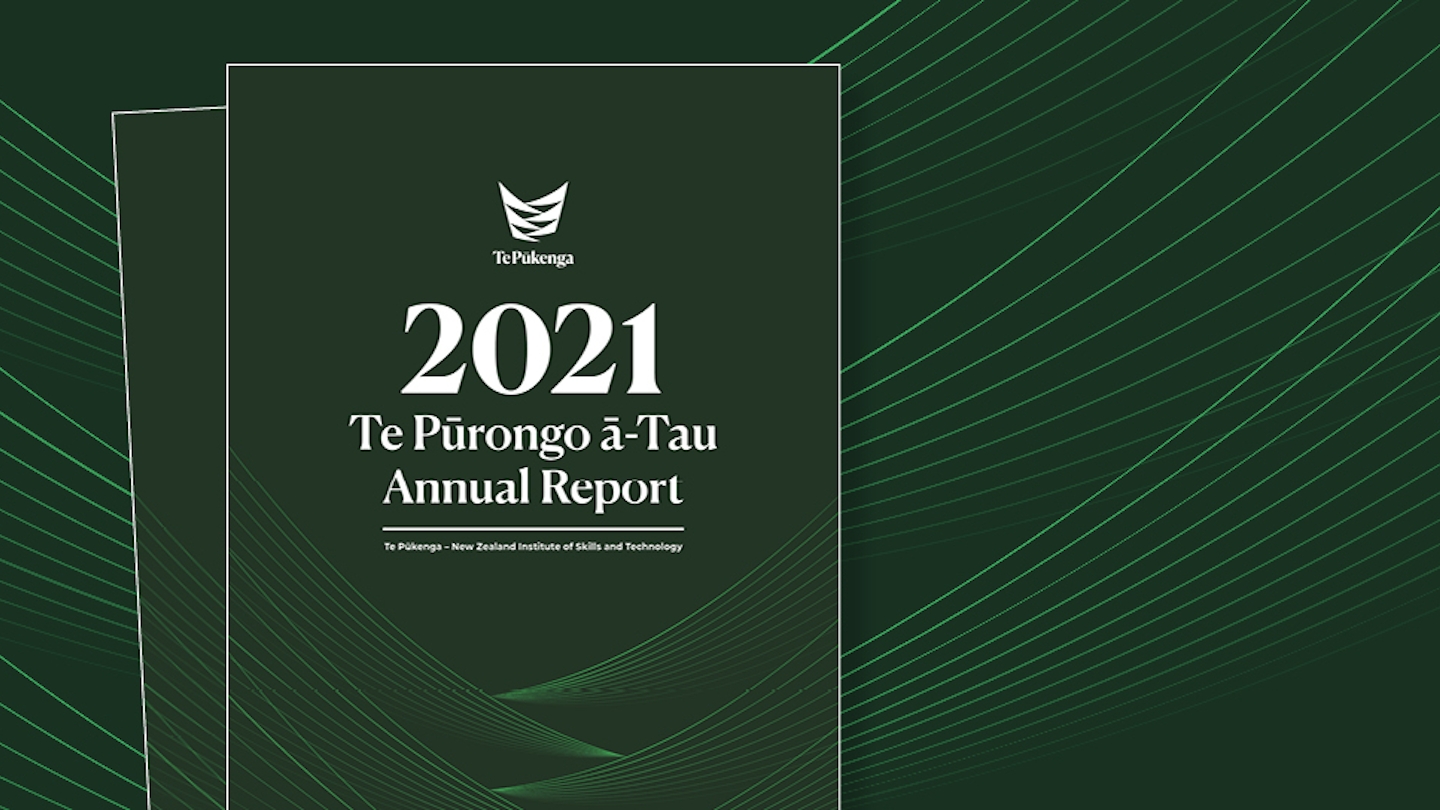
The report brings together information from 16 independently operating Institutes of Technology and Polytechnics (ITPs) as well as Te Pūkenga Work Based Learning (WBL), which includes four former Industry Training Organisations (ITOs).
Te Pūkenga Chief Executive Stephen Town said the report provides information on the network’s financial and non-financial performance, with a clear focus on the transition and transformation underway.
“With 205,328 learners across Te Pūkenga network, 8,018 full-time-equivalent kaimahi (staff), the report illustrates the size and scale of our network – and the potential we have to deliver vocational and applied learning that meets the needs of our communities and regions,” he says.
“Our job is to build a system that puts learners and their whānau at the centre of everything we do. It must be simple to understand and navigate, and responsive to the needs of learners, employers and communities. We also need to embed Te Tiriti excellence and equity of access and outcomes, particularly for Māori, Pacific and disabled learners.”
Key achievements for 2021 included:
- making substantial progress in the development of our Operating Model
- building on Te Pae Tawhiti, our Tiriti Excellence Framework, with action plans, regular reporting and increasing Māori leadership
- publishing world-leading Te Rito research
- 48,734 ākonga graduates – a successful course completion rate of 77.5 percent
- engaging over 1,000 kaimahi in the transition and transformation of our programmes and academic framework
- establishing Te Pūkenga Work Based Learning, a subsidiary to aid the transition of industry training
- establishing our interim staff and learner Committees and Komiti Māori to provide diverse perspectives at a governance level
- supporting our network to respond to COVID-19 and the challenges of delivering in a pandemic environment.
“Looking ahead, we know our work will increase considerably as we move beyond integration towards operating as a single entity. Large scale transformation including programme success and execution does not happen overnight – nor would it be effective if it did,” Mr Town says.
“We need a considered plan to achieve what has been envisioned by the Reform of Vocational Education (RoVE), with milestones along the way. Right now, we’re focused on the critical path – those changes we need to put in place by our first horizon, 1 January 2023. But we also need to keep an eye on the future and the changes we expect to put in place over our future horizons in 2026 and 2033. This is how we will build an integrated, connected, and cohesive system.”
Financially Te Pūkenga network performed better than expected, with some ITP subsidiaries and Work Based Learning delivering a surplus due to higher than anticipated revenue. As a group this led to a $7.623m surplus.
“We know we need to build in resilience to social and economic changes so we are truly sustainable in the future. This means we must be adaptable so we can fit and flex as the world shifts and changes.
“We expect that will mean ongoing iterative change to the system as we continue to strive to do better for ākonga, to close the equity gap and support communities across Aotearoa,” he says.
You can view the full 2021 Te Purongo ā-Tau Annual Report document here.

